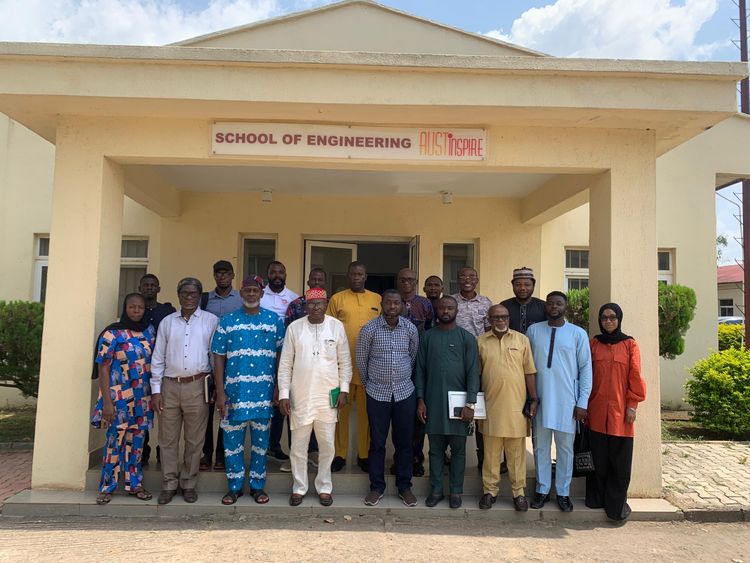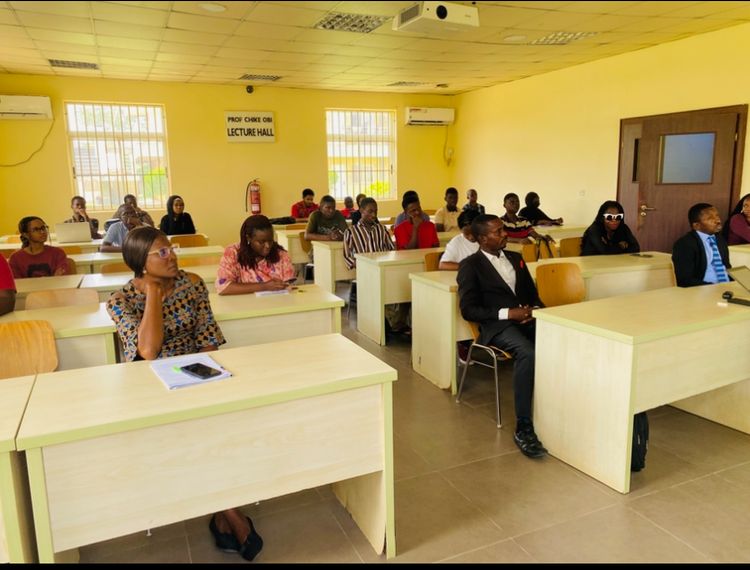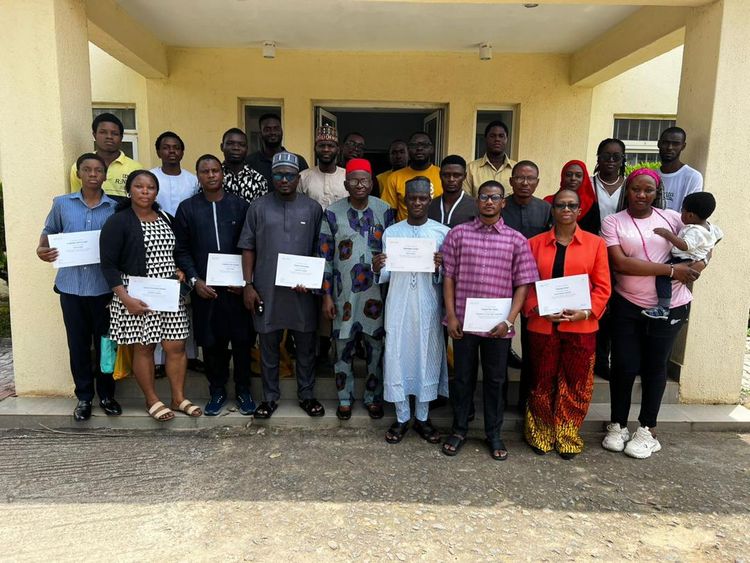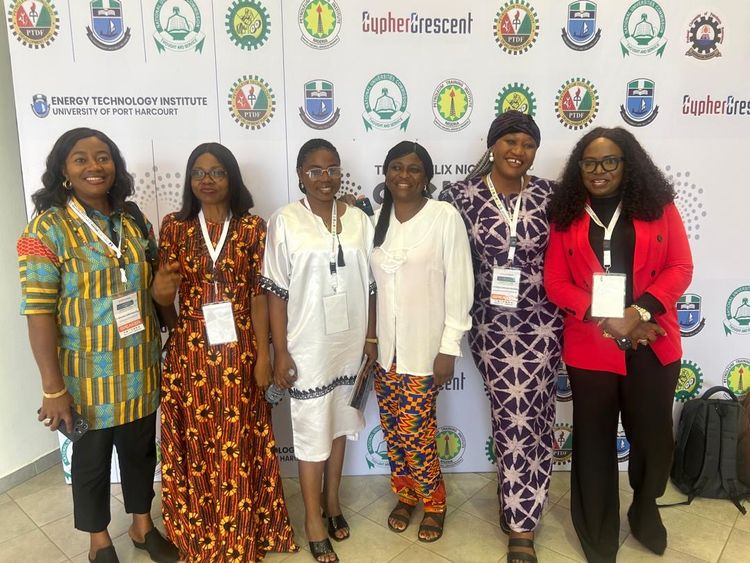Experts Call For The Adoption of Eco-Friendly LC3 Cement in Nigeria to Combat Climate Change
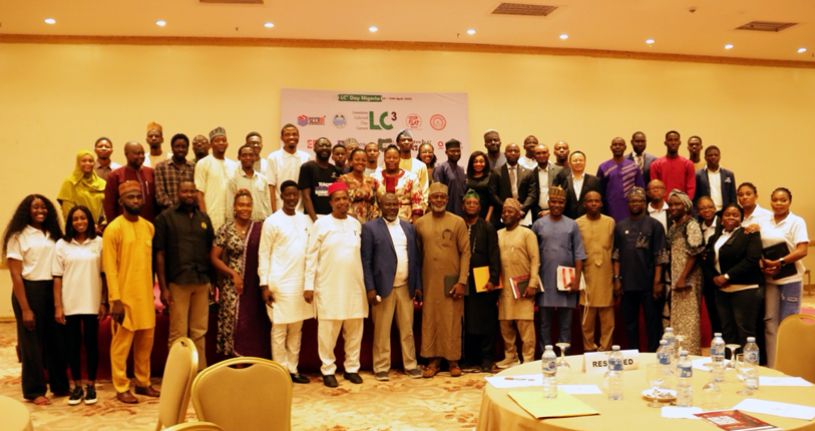
Abuja, Nigeria — Researchers and environmental advocates have called on the Nigerian government and stakeholders in the construction industry to adopt Limestone Calcined Clay Cement (LC3) as a sustainable alternative to conventional cement, citing its potential to drastically reduce carbon emissions and combat climate change.
The call was made during the LC3 Day Nigeria event held on Thursday at the Abuja Continental Hotel recently.
The event which was organized by the Society of Cement and Concrete Researchers In Nigeria (SCCRIN) in collaboration with the Department of Civil and Environmental Engineering at the University of Lagos and the Department of Civil Engineering at the African University of Science and Technology, Abuja.
Professor Peter Azikiwe Onwualu, President of the African University of Science and Technology, emphasized the urgency of transitioning to greener alternatives, noting that traditional cement manufacturing significantly contributes to global CO₂ emissions due to its energy-intensive clinker production process.
“Conventional cement production releases harmful gases into the atmosphere, further exacerbating the effects of climate change,” he said. “LC3, on the other hand, combines limestone, calcined clay, and gypsum, reducing the need for high-temperature processing and thus lowering emissions.”
Olumoh Sharafadeen, one of the event organizers, said the initiative was spearheaded by Nigerian cement and concrete researchers to raise awareness about eco-friendly construction materials. He highlighted the potential of LC3 to support Nigeria’s green transition while also qualifying the country for international carbon credits due to its low-emission profile.
“SCCRIN’s collaboration with universities is aimed at turning academic research into real-world solutions instead of letting innovations remain on the shelf,” Sharafadeen explained. He also urged the Nigerian government, the industry’s largest stakeholder, to embrace the LC3 innovation for both environmental and economic benefits.
Efegbidiki Okobia, National President of the Nigeria Environmental Society, hailed LC3 as a timely innovation with far-reaching implications for environmental protection and public health.
“The adoption of LC3 cement can address several critical environmental challenges and will play a significant role in achieving the United Nations’ Sustainable Development Goals (SDGs) by 2030,” he stated.
As the global spotlight continues to shine on climate change and sustainability, the call to shift towards LC3 in Nigeria underscores the nation’s growing commitment to environmental responsibility and a greener future.


